In writing your screenplay, or novel, or short story, or comic book, it’s natural to side with your hero.
You identify with the good guy, and want to build him up as an awesome dude.
You want to give him superpowers, or make him great, but you have to be careful with this.
Steven Seagal. A real American “hero”
Too much awesomeness and you end up with the Steven Seagal hero. An infallible man, superior to everyone around him in very way, a man who can’t be defeated or even slightly ruffled by anyone.
This is boring to watch.
As painful as it is to watch the hero being punished, we need that to experience the high of the hero coming back from the jaws of defeat to win.
An unbeatable hero is not only non-relatable to the audience that identifies with the hero, but it denies the audience the high of experiencing the vicarious win of the hero.
The hero wins through the Journey that changes him into the person who can accomplish what’s needed to win.
The Hero’s Journey.
A vital element in this Journey is the Villain.
A compelling villain is fascinating to the audience. Like a cobra, dangerous, but captivating. Hard to look away from the the swaying snake and the gorgeous colors on its skin.
A well-written villain is a magnet to a great actor seeking a juicy role to dive into with relish. The way Giancarlo Esposito digs into his villainous roles.
When writing your story you need to give the villain as much, or more attention, as your hero. Consider these ways of making your villain a force that brings out the best in your hero:
Villains Have Deep Convictions
The Joker believed that morality was a false front that could be erased with a little chaos.
Thanos believed that he was saving the world by removing fifty-percent of the population.
Alonzo Harris believed he was justified in committing murder and armed theft as part of his undercover work.
Terence Fletcher in Whiplash. He believed that greatness requires pushing yourself to the point of trauma, and he pushed Andrew (Miles Teller) to the breaking point.
What moral and ethical boundaries is the villain willing to cross in order to achieve what he believes is a good thing?
The Villain Doesn’t Think of Himself as Evil
Thanos again. He was convinced he was doing the planet a favor with his decision to extinguish half of the world’s population.
Bodhi in Point Break. Bank robberies and mayhem were his school of practical philosophy. In his mind, Bodhi wasn’t committing crimes. He was trying to set Johnny Utah free from the cage in his mind.
A villain who is convinced of his own lack of blame and can back up his ideas with persuasive arguments challenges the hero’s internal compass.
Villains Target the Hero's Vulnerabilities
Hannibal Lecter both torments Clarisse and gently encourages her on her search for Buffallo Bill in Silence of the Lambs. This is an interesting relation in that Lecter is her antagonist and cheerleader by turns. Lecter probes her mind, and catches her need to prove herself as a woman in a male-dominated field. He catches on to her self-consciousness over her poverty roots, and she wins his respect, and he starts giving her enough insights into the mind of the serial killer for her to end up right at the killer’s door.
A compelling villain will make the hero question their own moral code.
Honorable Mention:
Lord Humongous in Mad Max: The Road Warrior. A magnetic and commanding villain who had an antire gang of wild marauders under his thumb. He has the settlers nearly convinced he will spare their lives if they just walk away and leave the fuel and the refinery for the marauders.
He is a formidable villain who doesn’t quite connect with Max because Max is not in hero mode yet.
Final Note:
Write your villain like they’re the reason the story exists. Cast them in your mind with menace and magnetism.
Let them dominate the frame. Then think of someone who could take them on.


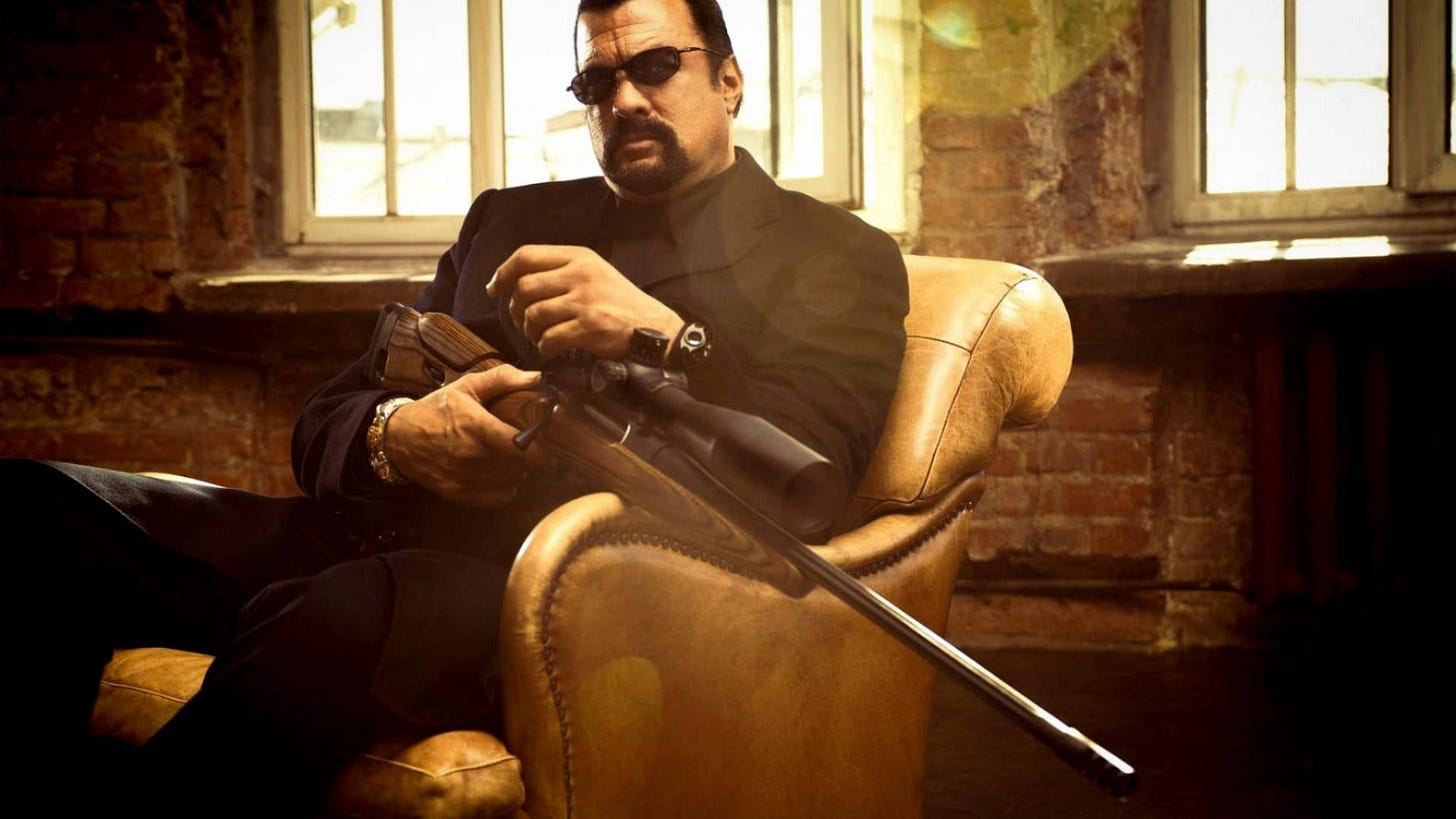
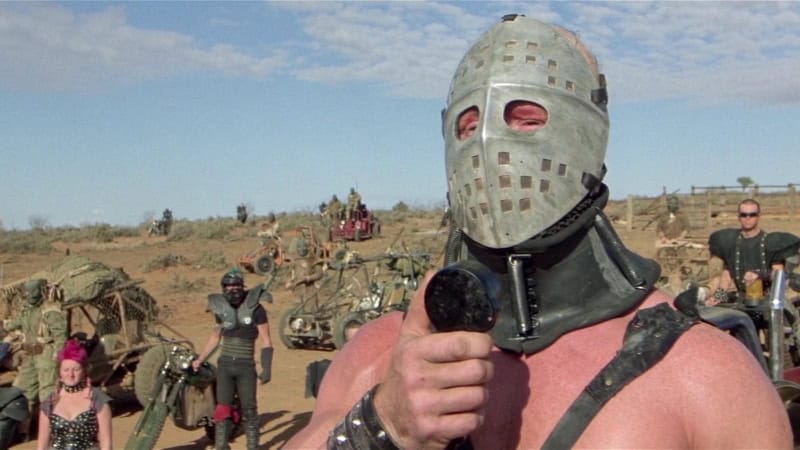
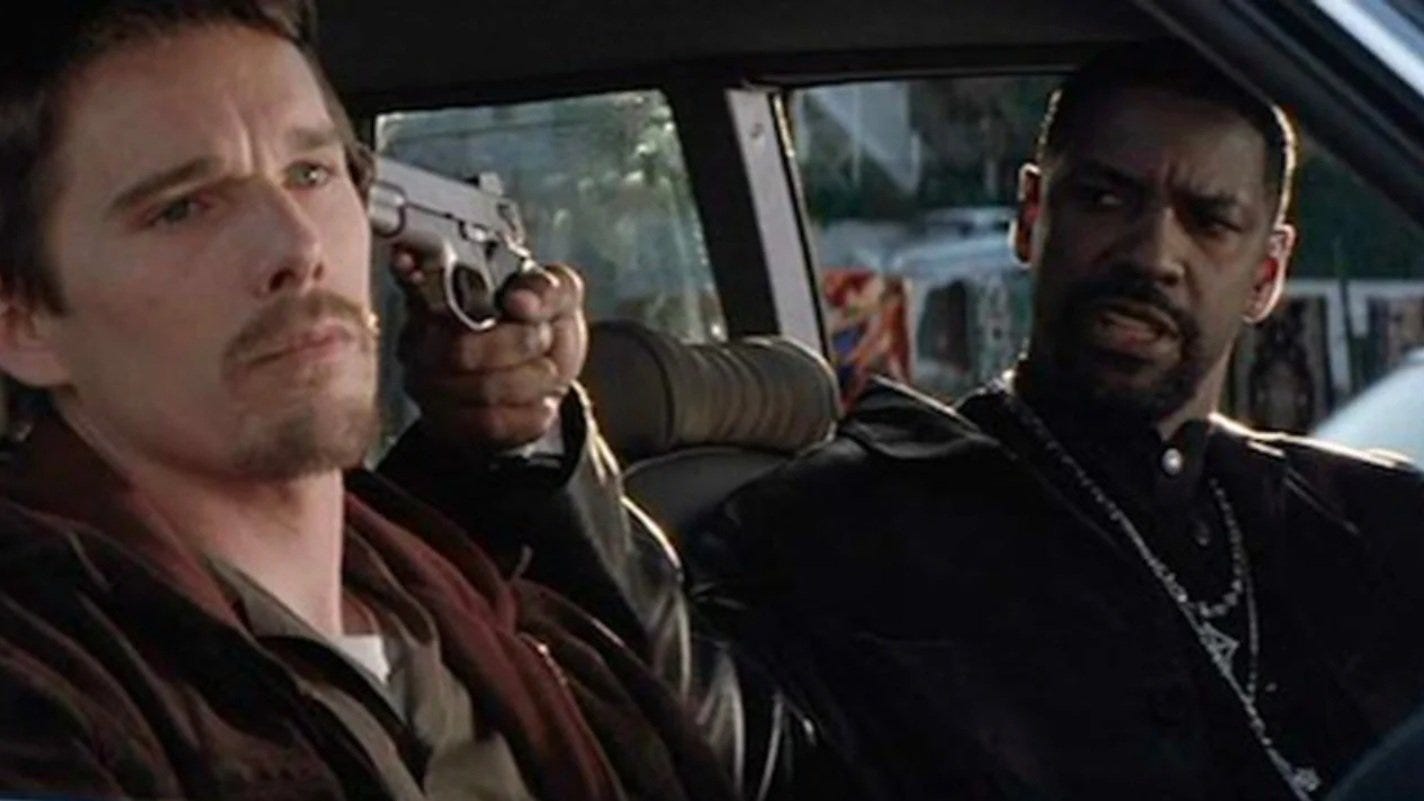
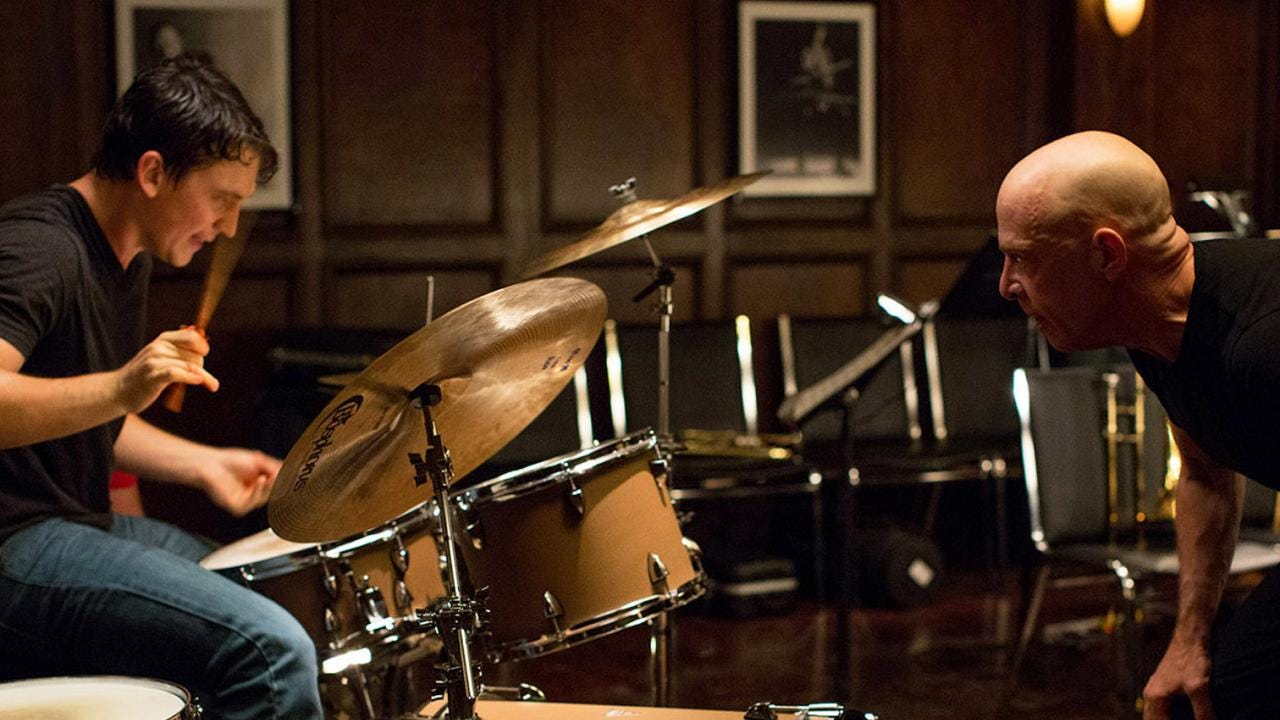
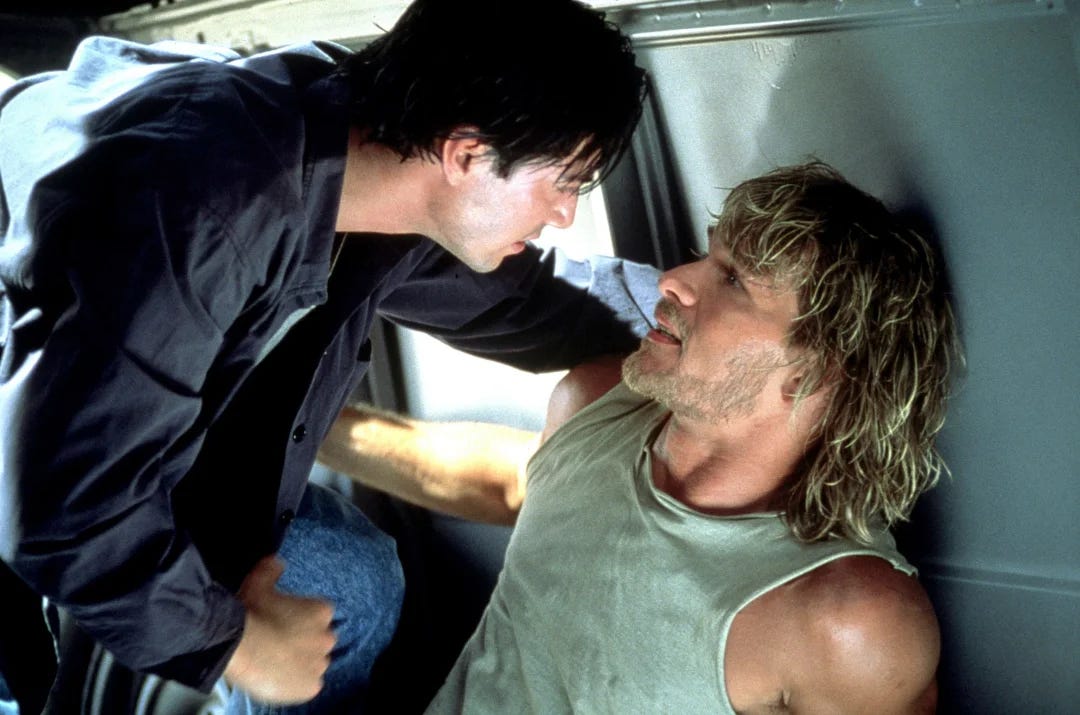
This is a good reminder. I’m still playing with fiction on the side (no substack for it as yet), but I think a strong villain is certainly something to think about.
I love this piece! As a psychologist, it makes perfect sense to me and rings true as a reader. Characters need nuance. And questions of morality create that depth. Well done.